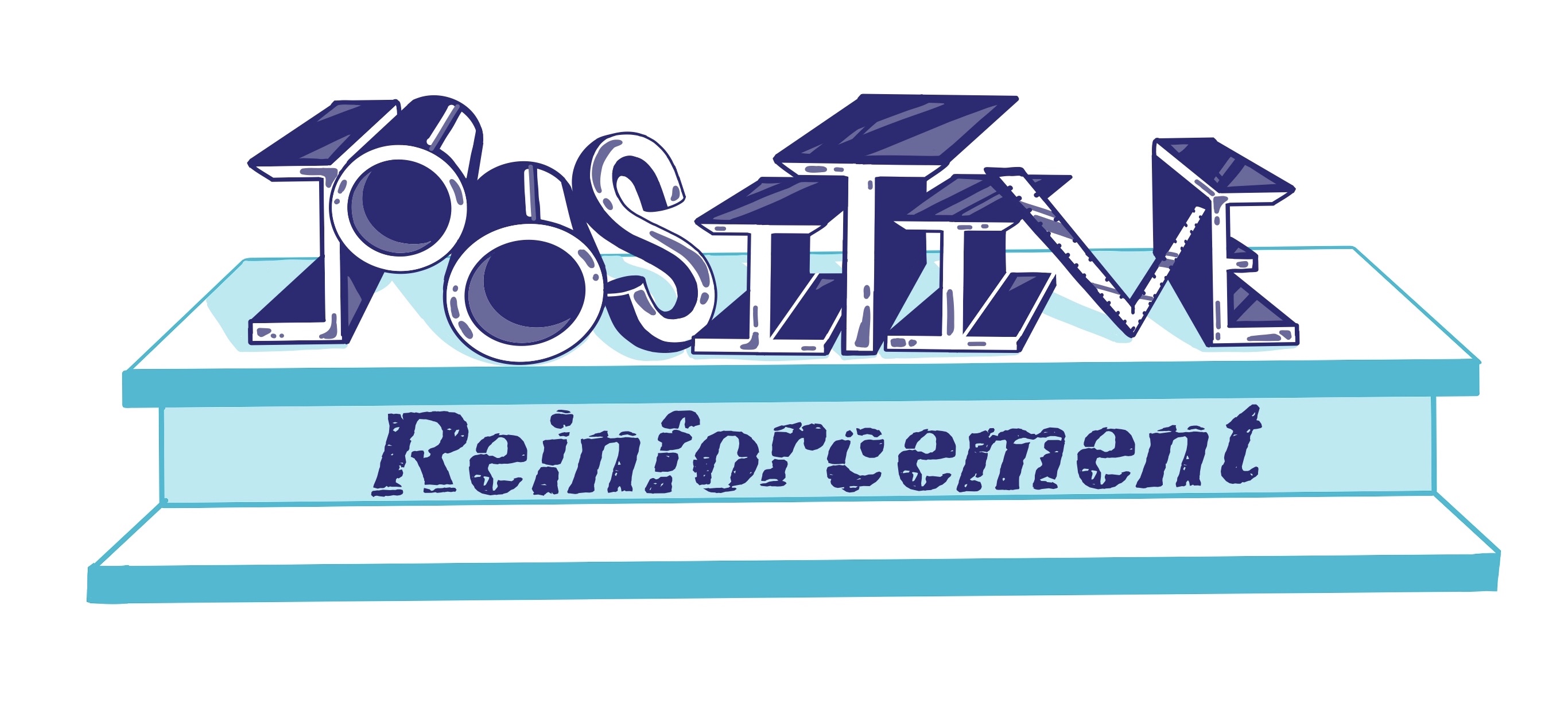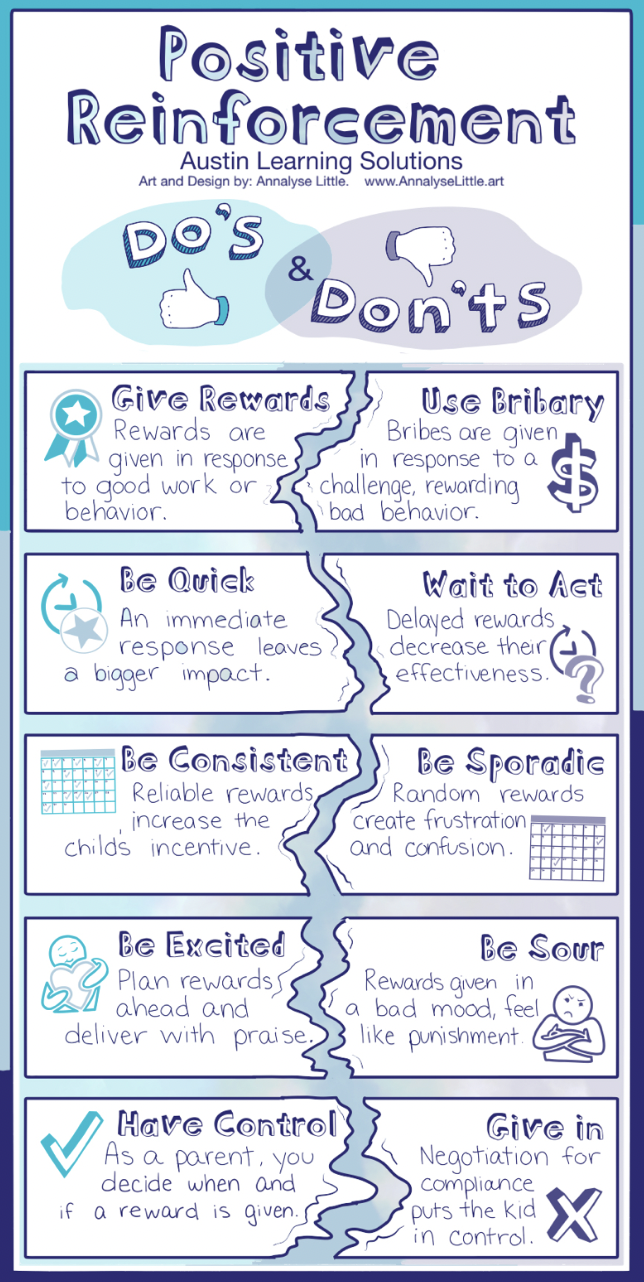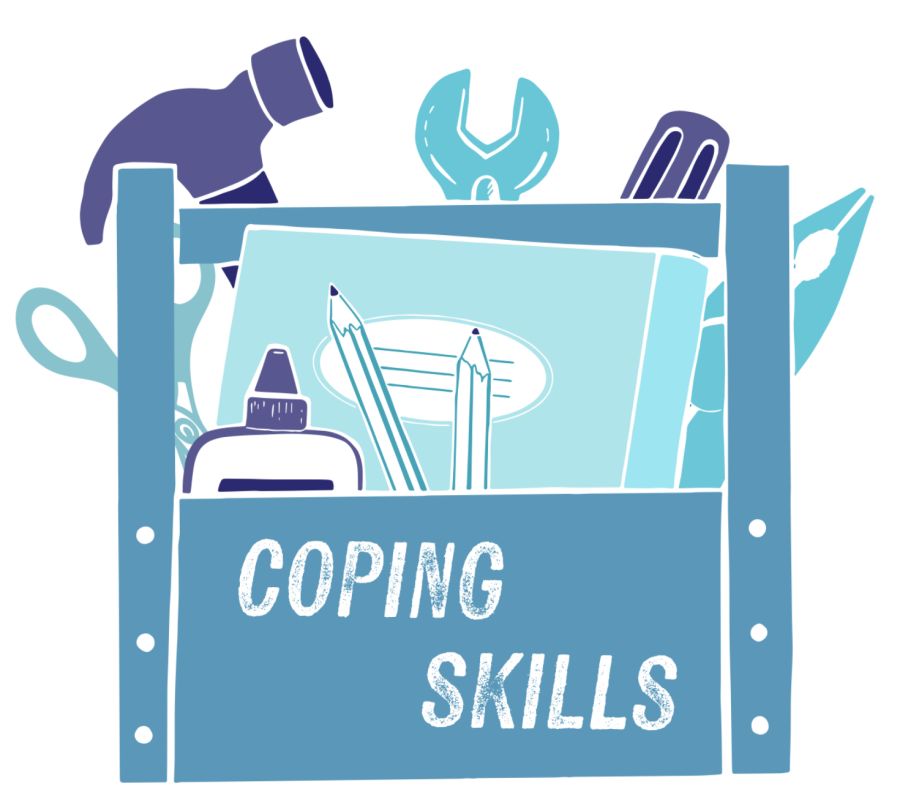Top 3 Benefits of Positive Reinforcement

-
Makes a child feel loved
The concept of discipline isn’t something most children truly understand. Because it requires abstract thought, kids just don’t get why their parents or teachers make them behave in certain ways. Which is why when a child gets punished or reprimanded, they misinterpret it, and begin to think that they are not loved. Remember, kids think in simple terms. In their mind, parents just want to yell at them for some unclear reason. For example, a child might think you are yelling at them for falling and getting hurt, when in fact you were upset that they kept running around after you told them to stop. But by responding to your child’s behavior with positive reinforcement techniques, you can avoid confusion while also making them feel loved.
-
Develops a child’s self-esteem
Confidence and high self-esteem leads to success later in life. Positive reinforcement makes children feel good about themselves, because it is all about celebrating when they have done something right. Instead of shaming or reprimanding them for the things they did wrong. This shifts their inner thinking from “I always make mistakes” to “I am capable and can do challenging things”. When we focus on the good, we are telling children to feel good about their accomplishments and successes – no matter how small they are.
-
Has long term impacts
Discipline itself is an important and necessary part of growing up. However, we should note that discipline is not the same thing as punishment. Using positive reinforcement skills when asking them to perform certain tasks, will create long-term changes in behavior. This is because when a child feels good about themselves and their environment, they become less inclined to act out. Building self-esteem will positively impact your child for the better in the long run. Remember that trying to change a child’s behavior by instilling fear, or inducing anxiety, will only result in low self-worth, building negative feelings and habits that they will carry with them as they grow up.
Positive Reinforcement Techniques are the best way to help your child build good habits and self esteem. They work best when you use techniques that correspond with your child’s Love Language. Here are some quick tips that combine Positive Reinforcement Techniques and Love Languages.
- Do they have a big test coming up? Try running through flashcards with them to prepare. You can even set a reward for a good grade, such as helping them with a task around the house or making their favorite dinner.
- Do they struggle to do their homework consistently? Try making a sticker chart. You can even treat them to dinner or gift them a new pencil case, if they reach their sticker chart goal.
- If they start to get frustrated with their homework, remember to encourage them as much as you can through your words. Saying things like “I know you can do it.” “I believe in you.” “I am here to help you if you need it.” “Look how much you have done already!” “I am so proud of you!”

Annalyse Tanzos
Related Articles That Might
Interest You

Neurodivergent Special Interest

Coping Skill( CBT techniques and DBT techniques)
